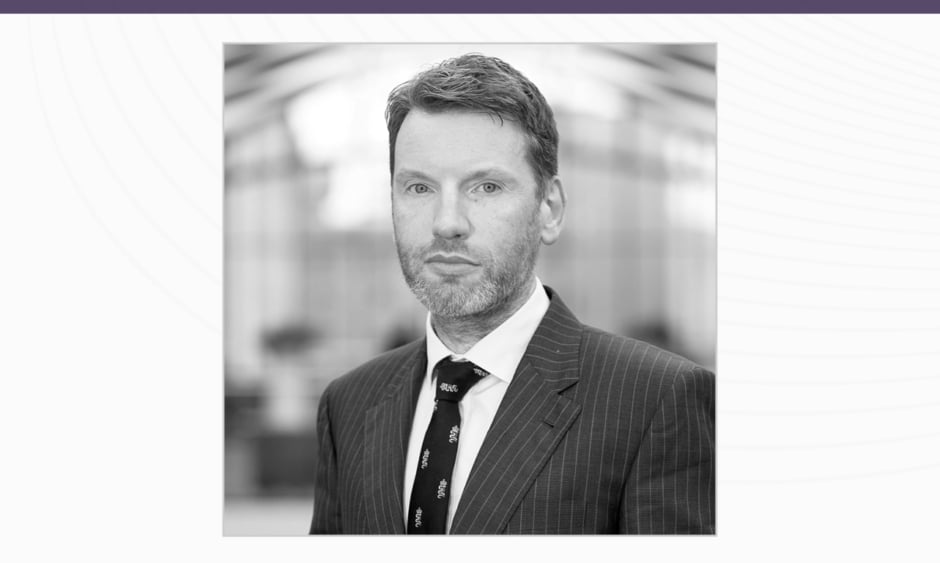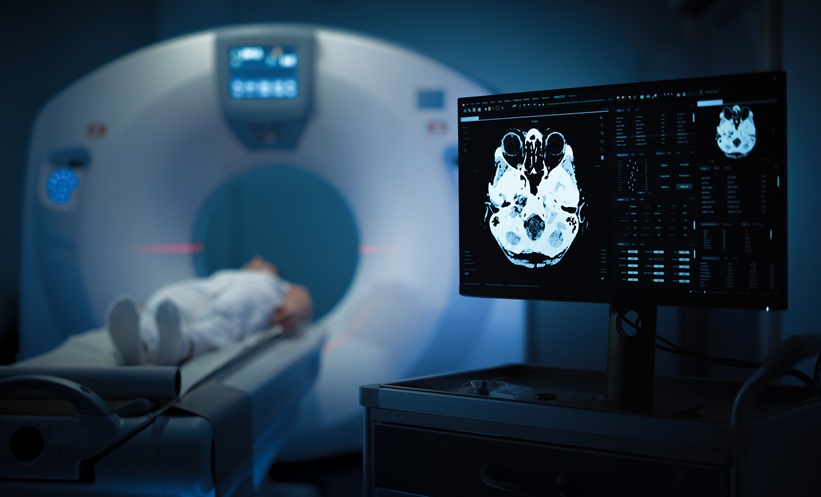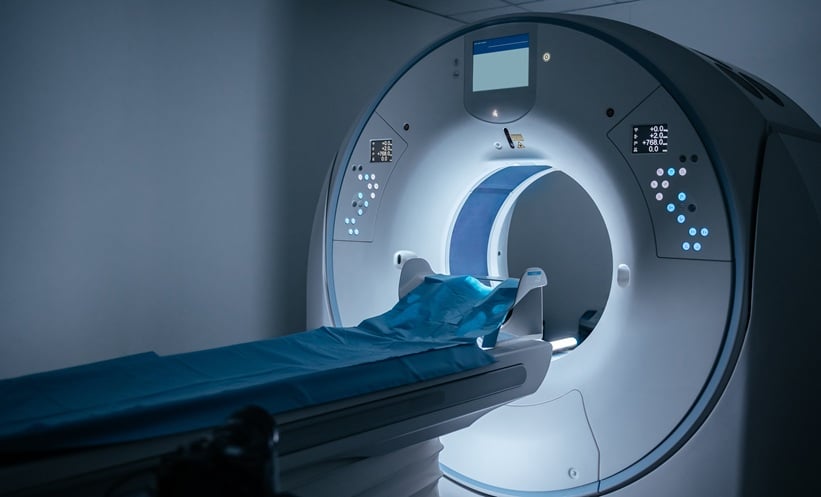Dr Philip Robinson | ESR Scientific Subcommittee Chairperson, Musculoskeletal Chapel Allerton Hospital, Leeds, UK
![]()
What led you to pursue a career in musculoskeletal (MSK) radiology?
The variety of MSK diseases and their differing imaging needs are some of the factors that initially got me interested in MSK radiology as a trainee. Unlike many other radiology subspecialities, MSK radiology potentially allows important diagnostic decisions to be made on all the modalities, requiring an understanding and expertise in assessing plain films, ultrasound, CT, and MRI. Intervention is also an important role for the MSK radiologist including biopsy, diagnostic, and many potential therapeutic interventions. This variety along with the many potential research and teaching interests has helped to maintain my day-to-day enthusiasm!
What do you hope to achieve in your role as ESR Scientific Subcommittee Chairperson for Musculoskeletal?
I hope as a committee we have developed a MSK programme that has a broad appeal to radiologists from across all of Europe and also for differing levels of experience. Sessions include state of the art applications and innovative techniques, as well as more basic comprehensive educational coverage. Despite the current pandemic we have tried to optimise our usual programme virtually, but also adapt to new technology and delivery opportunities, which will be highlighted by the ECR.
What are the current challenges in radiology, and how they can be potentially overcome?
Obviously normal practice for most radiologists has been interrupted by the pandemic but prior to this there were many challenges in terms of available resources, equality, and defining the role of imaging in patient pathways to be most effective. The pandemic has actually changed some of our practice for the better and going forward we should adopt this as normal practice, for example, virtual meetings, virtual clinics, and other areas that have reduced waste. In future we should embrace the advantages of AI and also devote research resources to define where MSK imaging sits best in a patient’s clinical pathway.
What areas of MSK imaging do you believe merit wider attention?
AI and radiomics may develop to have a large role in clinical imaging, but we should equally look at using AI to enhance radiology and clinician training and governance. I believe that we should increasingly not just look at the diagnostic accuracy for an imaging technique, but also its relevance or ability to significantly alter a patient’s management. This year’s ECR 2021 refresher course sessions include state of the art sessions on MSK CT (including dual energy and 4D applications) and MSK ultrasound (including tumours and elastography). The MSK scientific sessions also include many interesting presentations involving MSK radiomics.
What are some emerging developments that you believe could be practice changing in musculoskeletal radiology?
Quantitative MRI and radiomics should play a major role in MSK radiology going forward, contributing to routine and complex MSK disease management and prognosis, for example, rheumatological diseases or improved tumour characterisation. MSK ultrasound and newer applications such as elastography may allow improved dynamic assessment of tumours, muscles, and tendons.
Sports overuse injuries is one of your research interests. What is it about this area that interests you most?
This branch of MSK radiology again provides a variety of problems that need radiology expertise to help solve. The main modalities used for diagnosis are ultrasound and MRI helping to diagnose and offer prognostic information for muscle, tendon, joint, and bone injuries. Assessing elite athletes and using imaging to help determine the next steps in their treatment or rehabilitation is very rewarding as is working with the clinical team involved. ■








